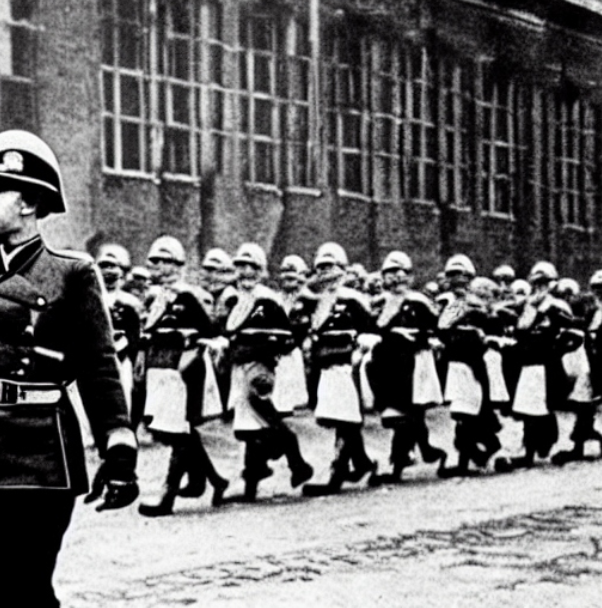Summary of German history
Germany has a rich and complex history that spans over a thousand years. The country has been home to many significant events, influential figures, and cultural movements that have shaped both the country and the world. From the Holy Roman Empire to the fall of the Berlin Wall, Germany has seen its share of triumphs and tragedies, and its history is as diverse as its people.
The Holy Roman Empire, established in the year 962, was one of the most significant political entities in European history. It was a loose confederation of territories in central Europe that lasted until 1806. During this period, Germany saw a flourishing of arts and sciences, as well as the rise of the Protestant Reformation, which challenged the authority of the Roman Catholic Church.
In the 19th century, Germany saw a period of rapid industrialization, and the country emerged as a major world power. This period also saw the rise of German nationalism and the unification of Germany in 1871 under the leadership of Otto von Bismarck. Germany became a dominant force in Europe and embarked on a policy of colonialism that saw the acquisition of territories in Africa and Asia.
The 20th century was a tumultuous period in German history, marked by two devastating world wars and the rise and fall of Nazi Germany. The First World War, which began in 1914, saw Germany pitted against the Allied Powers, and it ended in Germany's defeat in 1918. The Treaty of Versailles, which ended the war, imposed heavy reparations on Germany and led to economic and political instability.
The period between the two World Wars saw the rise of the Nazi Party and the dictatorship of Adolf Hitler. Nazi Germany pursued aggressive policies of expansion and persecution of minorities, which ultimately led to the Second World War. The war saw Germany pitted against the Allied Powers once again, and it ended in Germany's defeat in 1945. The aftermath of the war saw the division of Germany into two separate states, East Germany and West Germany, and the country was divided by the Iron Curtain.
The Cold War period saw Germany caught up in the struggle between the United States and the Soviet Union. West Germany, which was allied with the United States, emerged as a prosperous democracy, while East Germany, which was under Soviet control, remained a Communist state. The fall of the Berlin Wall in 1989 marked the end of the Cold War and the reunification of Germany in 1990.
Today, Germany is a prosperous and democratic country that plays a significant role in the global economy and politics. Its contributions to science, technology, and the arts are well known, and its rich history continues to influence and shape the country's future. From the Holy Roman Empire to the fall of the Berlin Wall, Germany's history is a testament to the resilience and perseverance of its people.




Comments
Post a Comment